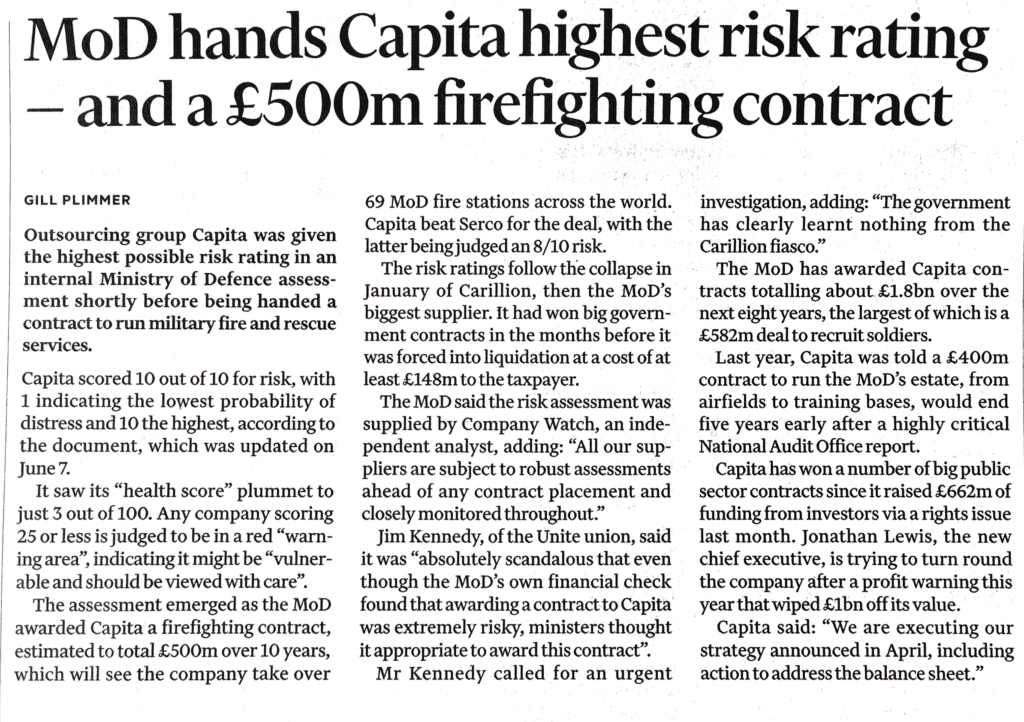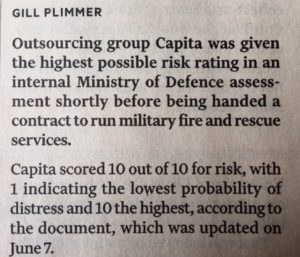Reflecting on Trump’s decision to walk away from the G7 Summit at Charlevoix without signing the joint communique, the New Yorker‘s George Packer was reminded of an earlier era:
Dean Acheson, President Truman’s Secretary of State, called his autobiography Present at the Creation. The title referred to the task that confronted American leaders at the end of the Second World War and the start of the Cold War, which was “just a bit less formidable than that described in the first chapter of Genesis,” Acheson wrote. “That was to create a world out of chaos; ours, to create half a world, a free half, out of the same material without blowing the whole to pieces in the process.” A network of institutions and alliances—the United Nations, Nato, the international monetary system, and others— became the foundation for “the rules-based international order” that the leaders in Charlevoix saluted. It imposed restraints on the power politics that had nearly destroyed the world. It was a liberal order, based on coöperation among countries and respect for individual rights, and it was created and upheld by the world’s leading liberal democracy. America’s goals weren’t selfless, and we often failed to live up to our stated principles. Power politics didn’t disappear from the planet, but the system endured, flawed and adaptable, for seventy years.
“In four days, between Quebec and Singapore”, Packer continues,
Trump showed that the liberal order is hateful to him, and that he wants out. Its rules are too confining, its web of connections—from trade treaties to security alliances—unfair. And he seems to find his democratic counterparts distasteful, even pathetic. They speak in high-minded rhetoric rather than in Twitter insults, they’re emasculated by parliaments and by the press, and maybe they’re not very funny. Trump prefers the company of dictators who can flatter and be flattered. Part of his unhappiness in Quebec was due to the absence of President Vladimir Putin; before leaving for the summit, Trump had demanded that Russia be unconditionally restored to the G-7, from which it was suspended over the dismemberment of Ukraine. He finds nothing special about democratic values, and nothing objectionable about murderous rulers. “What, you think our country is so innocent?” he once asked.
This is an exceedingly prescient article. It highlights the wilful blindness of many commentators who are outraged by what is happening — particularly the disintegration of the post-war, US-designed, ‘liberal’ world order which enabled societies (at any rate the West) to recover from the trauma of the second world war and enjoy a period of relative peace and prosperity. Almost everything we see now — the growing difficulties of the EU as it grapples with the increasingly illiberal regimes in Hungary, Poland, the Czech Republic, Trump’s ‘America First’ obsessions, the rise of China, Putin’s triumphalism, etc. — suggests a reversion to a world dominated by old-style power-politics.
The liberal game is over, in other words. Although I am/was a beneficiary of it (like many members of various Western elites) I was never an unqualified admirer of it. From the 1970s onwards, it was really a system for making the world ready for neoliberalism, with all the inequality and injustice that that implied. But maybe, pace Churchill, it was the least bad of the available alternatives.
The challenge now is to see if there is a creative side to the destruction of Acheson’s creation.


